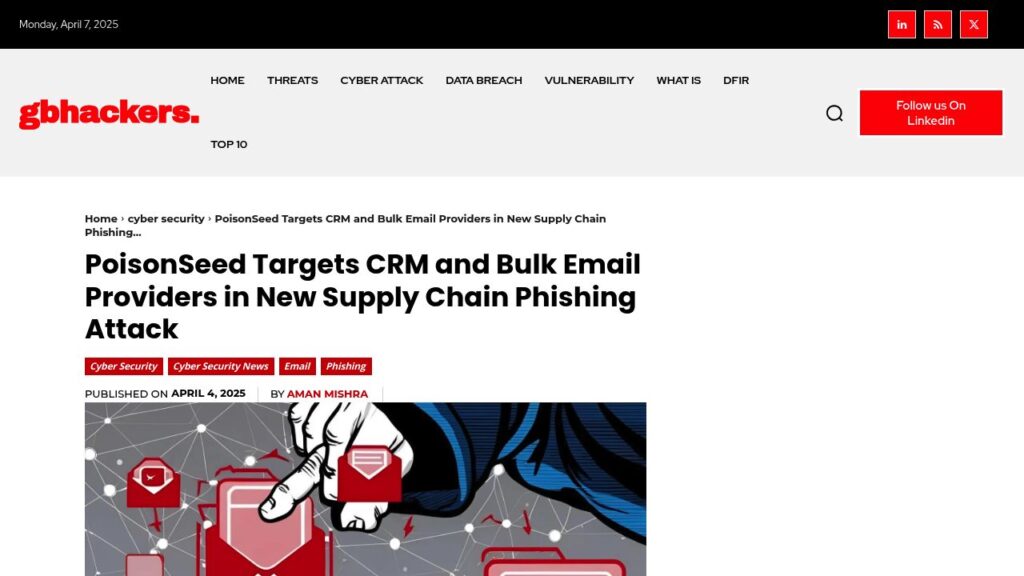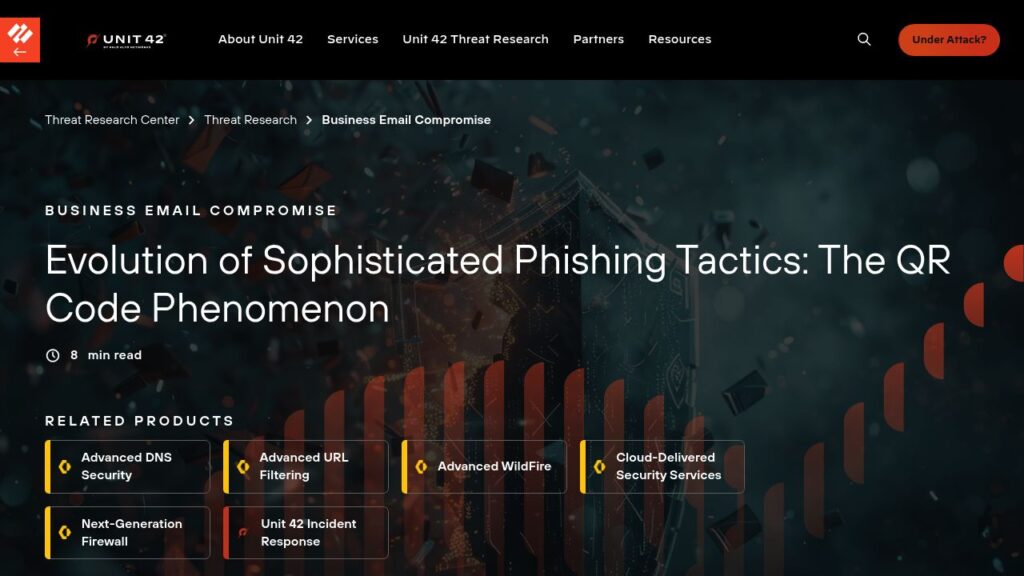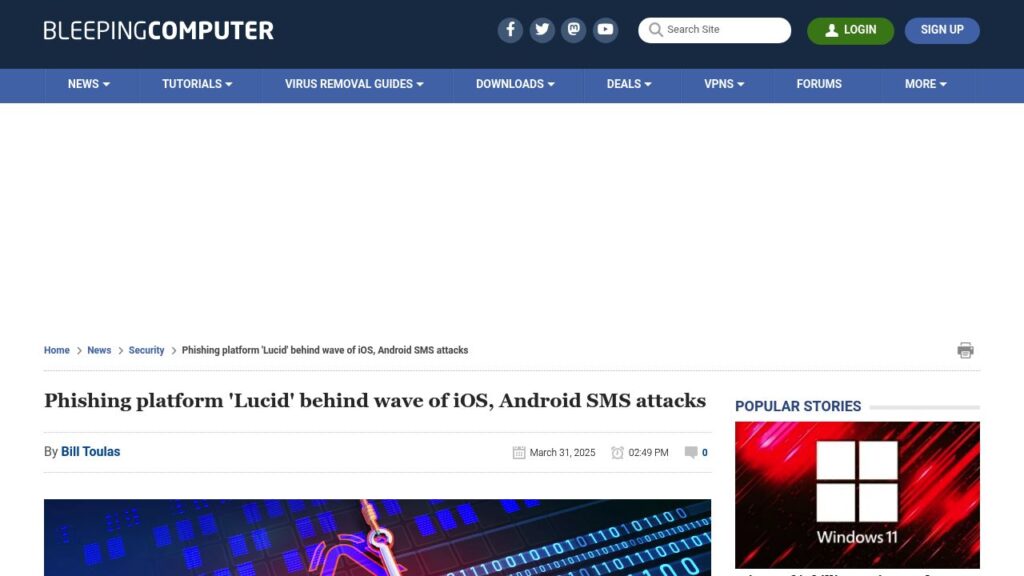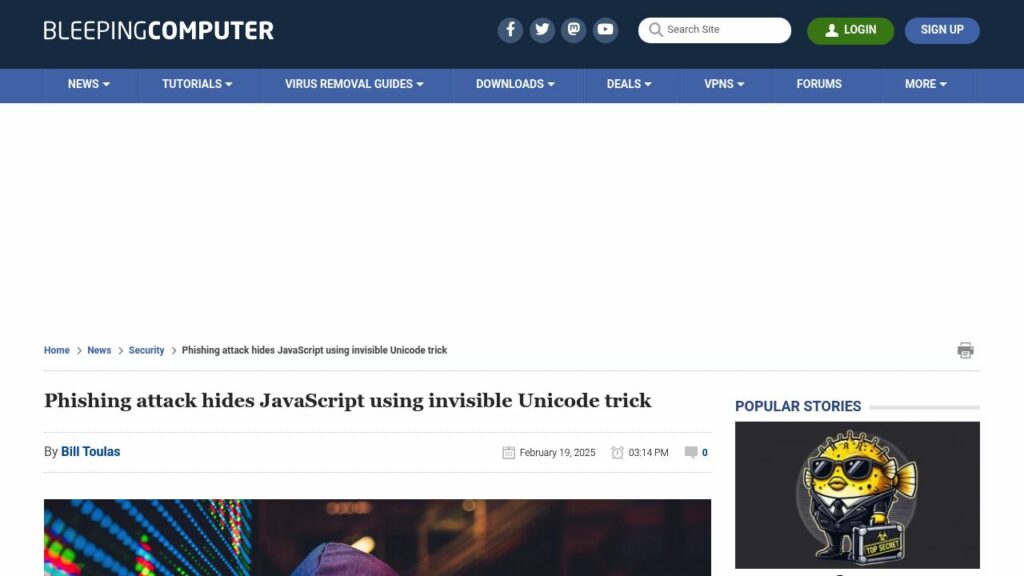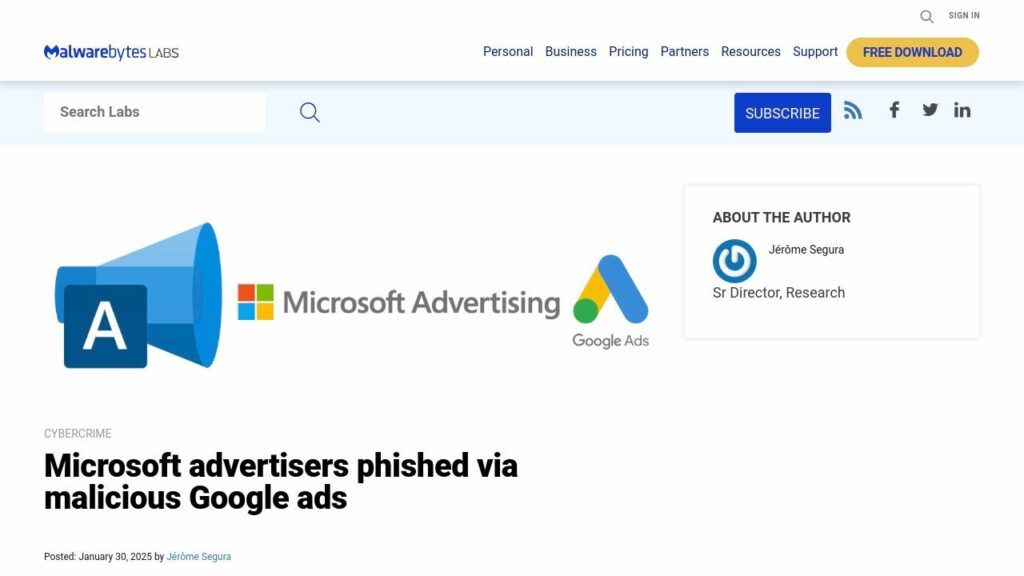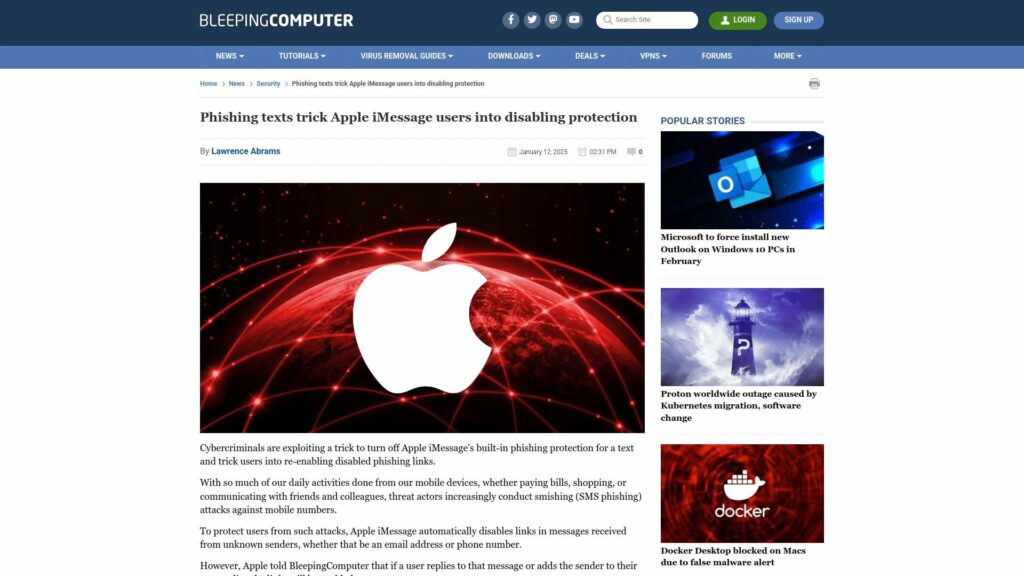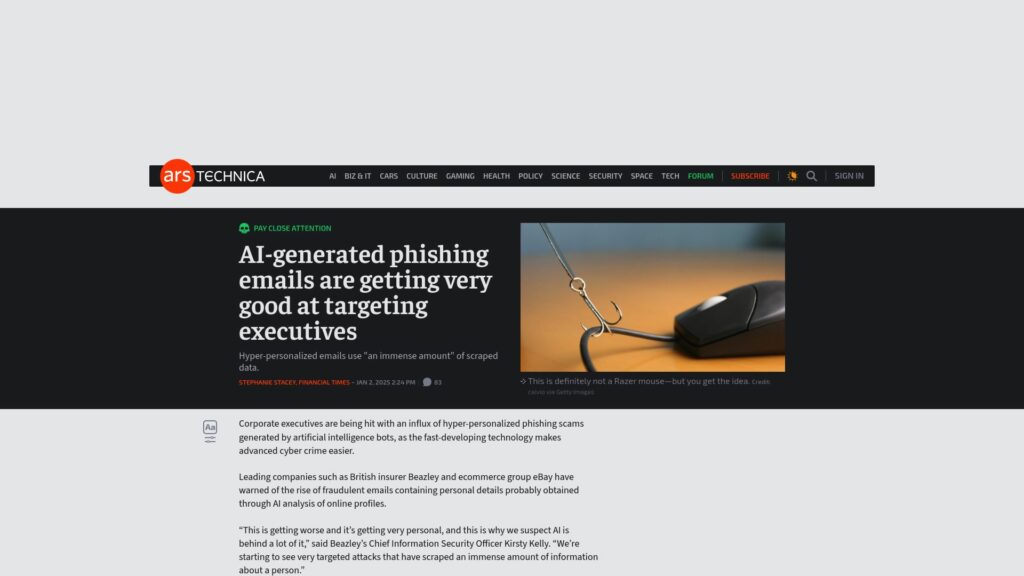PoisonSeed Targets CRM and Bulk Email Providers in New Supply Chain Phishing Attack
PoisonSeed is a phishing campaign targeting CRM and bulk email providers, using compromised credentials to send phishing emails aimed at stealing cryptocurrency funds. Attackers create fake login pages for popular platforms, steal credentials, export email lists, and send phishing emails promoting fake wallet setups. This method delays the theft of funds by using misleading seed phrases provided to victims during wallet creation. The campaign represents a new threat evolution, combining supply chain compromise with cryptocurrency scams. Organizations are advised to monitor for related indicators of compromise and reinforce email security.
https://gbhackers.com/poisonseed-targets-crm-and-bulk-email-providers/
